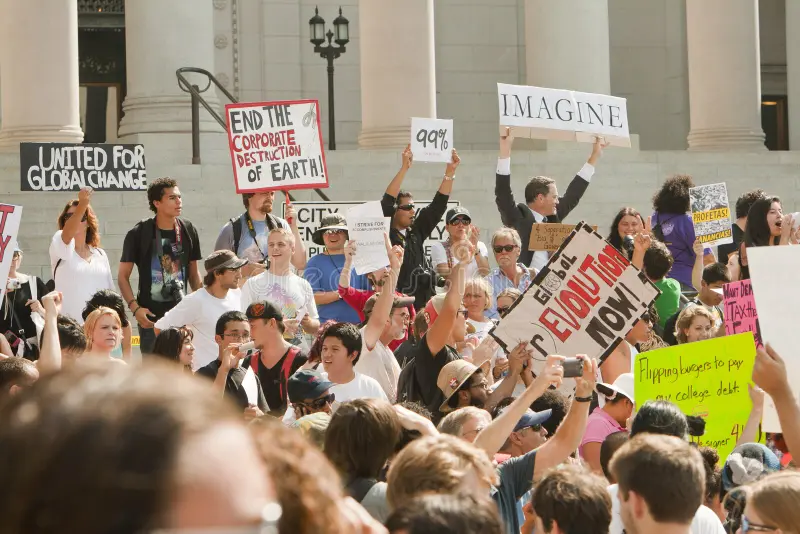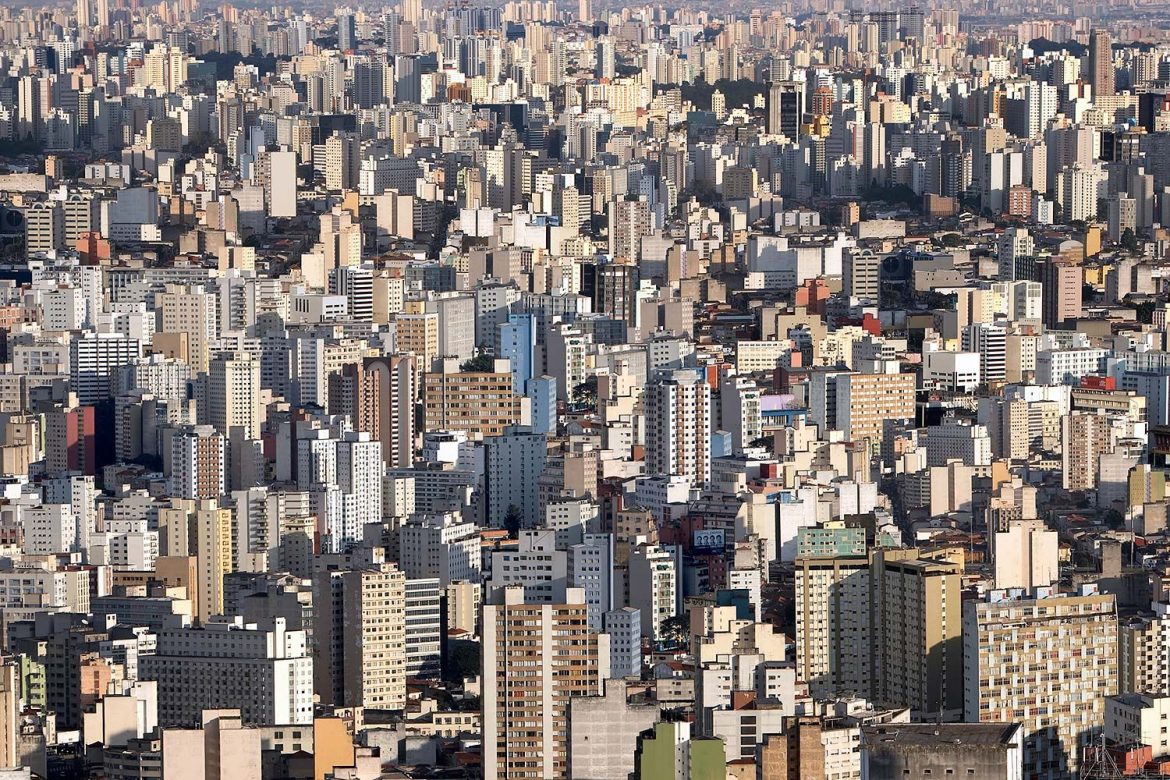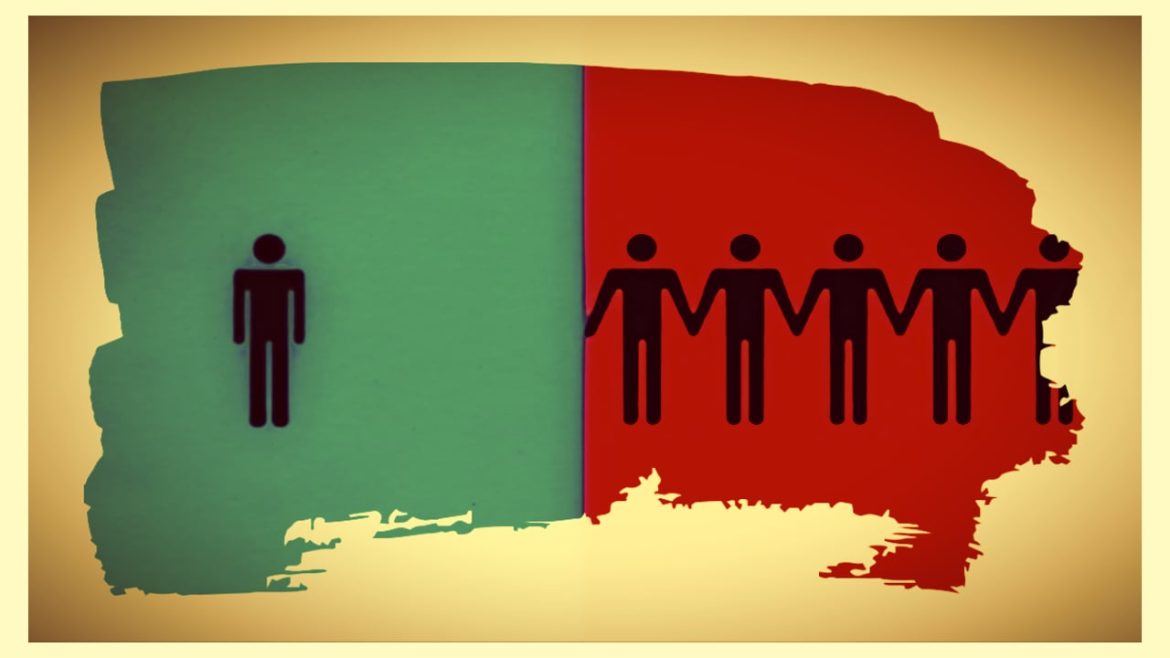Across the globe, social justice movements have become powerful forces for change, challenging systemic inequalities and demanding a more inclusive, equitable society. From racial justice to gender equality, climate activism to indigenous rights, these movements are reshaping public discourse and policy.
At the heart of social justice is the belief that every individual deserves equal rights, opportunities, and dignity. Movements like Black Lives Matter, #MeToo, Fridays for Future, and pro-democracy protests have mobilized millions, often sparked by a single event but sustained by deep-rooted grievances. They reflect a growing intolerance for injustice — and a willingness to act.





